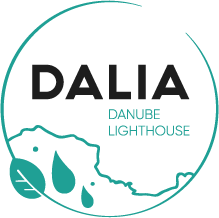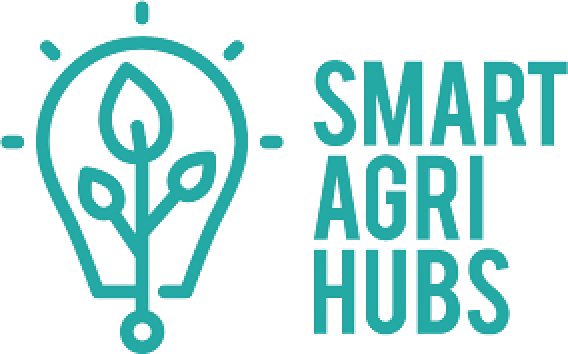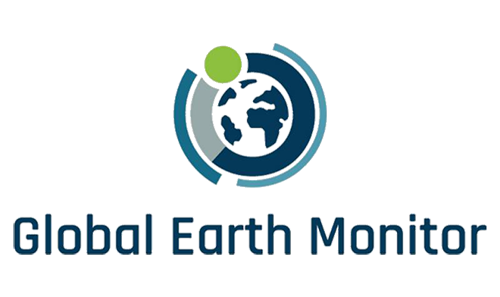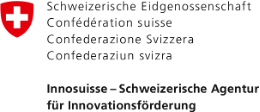meteoblue is a spin-off of the University of Basel and therefore ever since its founding we have been engaged to support research and education. Besides the cooperation with schools and universities, meteoblue participates in several EU projects(EU Horizon 2020, Horizon Europe) as well as in other research programmes, such as Innosuisse. In these projects, meteoblue takes the role of the weather and climate data and services provider. What the project partners value most is the wealth of weather information in the proprietary and open data offered by meteoblue, paired with ease of access to the data required for their specific needs.
For example, in the Global Earth Monitor project, meteoblue develops its Open Python SDK for machine learning applications that turn satellite images into decision-ready information. In addition, meteoblue provides meteorological advice to project partners and explores new products that fit the partners' needs.
Research projects allow meteoblue to explore the potential of new products more than it could with its income from commercial operations alone. A pertinent example is the development and adaptation of standards: EU projects allow meteoblue to spend the time required to effectively participate in standardisation efforts. An example of a product developed as part of the EU projects EUXDAT and STARGATE are the meteoblue crop risk diagrams.
Last but not least, research projects help meteoblue to grow its scientific and commercial networks. Find a list of reference projects below
Current projects

STARGATE - Resilient farming by adaptive microclimate management
STARGATE's objective is the implementation of analytical models to support local and regional policy formulation and implementation related to mitigation on microclimate changes. The focus is on Climate Smart Agriculture (CSA) and extensive studies of the benefits of applying agri-environment-climate technical solutions to achieve sustainable agricultural development at landscape level. STARGATE provides innovative components for visualisation of big data with a particular emphasis on geospatial visualisation and advanced, dynamic charting. meteoblue is a project partner, providing weather data and developing climatic data analytics and data models, re-using and advancing the results obtained in the EUXDAT project (see below). (read more...)

DALIA - Danube Region Water Lighthouse Action
79 million European citizens live in the Danube River Basin. The Danube River is an artery of this ecosystems and has significant environmental impact across many European regions. The river plays an important economic role, supporting many small and medium enterprises, providing jobs for local people. To properly manage this complex and fragile ecosystem we must think of the river basin as a whole and harmonise our actions from the Black Forest to the Black Sea.
In the DAnube Region Water LIghthouse Action, 22 expert organisations - including universities, authorities, SMEs and NGOs - from eight different Danube EU and Associated Countries work together to address the multidisciplinary challenges of managing the Danube River and its catchments from source to sea. meteoblue contributes its weather and climate data and services together with its expertise, enabling DALIA to make a fast start and create sustainable operations. (read more...)

Past projects

SmartAgriHubs - Digital transformation of the European Agrifood Sector
The project aims to realise the digitisation of European agriculture by fostering an agricultural innovation ecosystem dedicated to excellence, sustainability and success. By connecting and fostering European agriculture and IT innovation, SmartAgriHubs extends digital solutions into the agri-food sector and helps farmers and their businesses to achieve real and attainable results. meteoblue is a partner of the consortium, in the role of weather and climate data and services provider. (read more...)

GEM - Global Earth Monitor
The objective of the GEM project is to unlock the value of global earth observational data available from Copernicus. This requires a new model of data exploitation: new processes that can be run continuously (monthly, weekly, or even daily), replacing brute-force methods with smartly engineered techniques which scale up in a cost-efficient manner. GEM aims to enable economically viable continuous monitoring of the Earth, fuelled through the transition from conventional "strip mode" monitoring to "spot mode" monitoring (discovery of relevant details). In the project, meteoblue provides high-resolution weather information and crop model outputs. meteoblue will combine the project partner's machine learning expertise with its own to improve automatic crop identification. (read more...)

EUXDAT - European e-Infrastructure for Extreme Data Analytics in Sustainable Development
EUXDAT created an e-Infrastructure that addresses agriculture, land monitoring and energy efficiency for a sustainable development, as a way to support planning policies. EUXDAT builds on existing mature components and provides an advanced frontend where users can develop applications on top of an infrastructure based on HPC and Cloud. meteoblue was the project partner being responsible for providing weather data and contributing new methods of crop climate risk analysis, monitoring and prediction by combining weather and climate data with plant growth information. (read more...)

Innosuisse city climate
The project started in 2019 with the scientific cooperation partner ZHAW and aims to monitor air temperatures and precipitation at a very fine resolution in an urban environment. The approach was tested in two Swiss pilot cities Basel and Zurich, where more than 200 meteorological sensors were installed in each city. The measurements were used to detect heat islands within the city and monitor changes in the air temperature due to the application of climate change mitigation strategies. (read more...)


